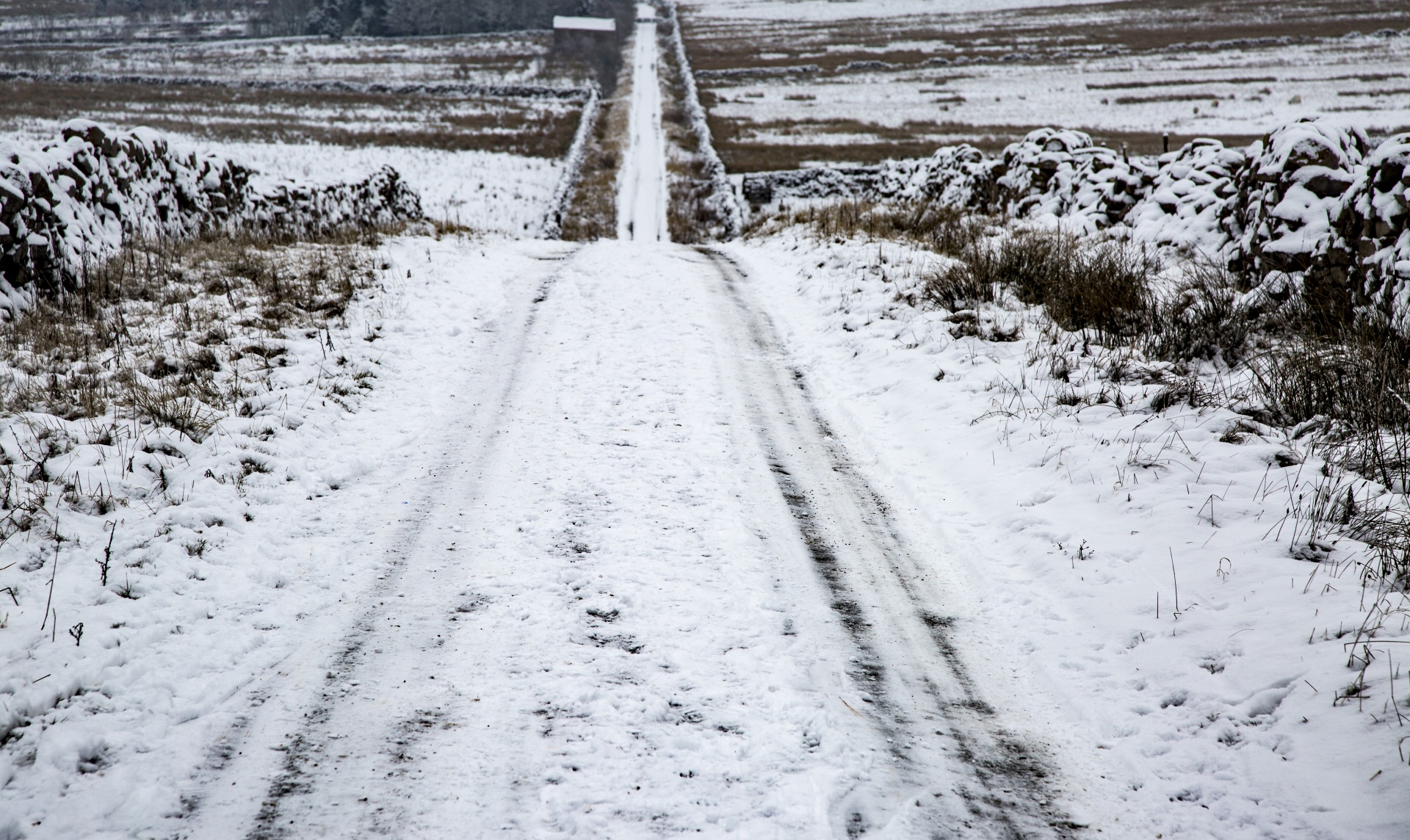Father Christmas Works Safely on Rooftops & So Should you!
Working at Height is a serious issue that is relevant to almost every profession due to it covering a wide range of work usage, such as unsafe ladder practices to working on fragile roofs. It is our Christmas hazard because who would know this better than Father Christmas himself? Every year he is certain to […]








